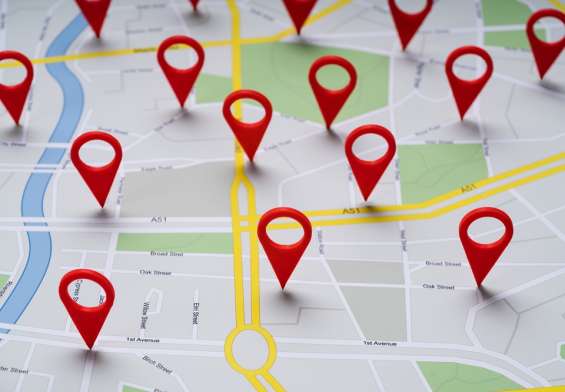When companies start putting together their marketing budgets, they may be tempted to look at their digital marketing spend and ask if SEO is even worth it. The question is understandable as SEO doesn’t have the same kind of easy-to-access statistics that paid advertising uses. With PPC ads, it is much easier to compare your daily spend with sales revenue from conversions. Nevertheless, SEO still has relevance in 2021 and remains one of the best investment opportunities for your business.
What Is SEO?
It may help to clarify what SEO is to determine it’s value in today’s digital marketing landscape. SEO, or search engine optimization, concerns the changes you make to your website in order to drive organic traffic by ranking highly in Google search results.
And high rankings in search engine results pages leads to much more traffic from users searching for keywords pertaining to your industry or products or services.
Does SEO Lead to Sales?
This is a fair question since generating more site traffic by itself doesn’t necessarily translate into sales. The searcher’s intent and keyword relevance matters for generating traffic that can turn into customers for your site.
Nevertheless, you cannot overlook the fact that organic search receives over 20 times more clicks than any paid Google ad. In other words, SEO traffic potential is twenty times greater than with paid search ads. And the advantage is that you don’t have to keep paying for clicks.
How Is SEO Still Relevant?
One of the central issues is whether SEO techniques that people have used in the past are still effective in 2021. There is no question that SEO have changed quite a bit over the years and involves a great deal more than just having quality content.
Organic traffic however, benefits companies in numerous ways:
• People search on Google or Bing or Yahoo when they are ready to buy specific or products or services. In other words, this kind of traffic is well-targeted as it relates to user intent.
• Organic rankings are crucial for local businesses to attract potential customers.
• It will continue to be important in the future due to the rise of voice search and AI technology. These channels present even more opportunities for businesses to be found organically.
• Smartphones have made SEO even more important because they allow your business to be found anywhere and at any time. Indeed, 87% of smartphone owners use a search engine via their phone at least once a day. Also, more Google searches occur on mobile than on desktop devices.
These benefits might be why a recent study by Bright Edge showed that organic traffic accounts for over 51% of all visitors to websites, edging out all other sources such as paid (14%) and social (5%) traffic.
How is SEO Better than Pay-Per-Click Marketing?
One of the advantages that SEO has over PPC advertising is that it engages a higher-quality visitor. Most people will scroll past paid ads to view organic results because they convey more trust than paid ads. Provided you are targeting the relevant keywords on the page, your conversion rate will be higher with organic traffic than with paid visitors.
SEO also delivers a more cost-effective visitor than PPC. With PPC, you naturally pay for each and every click. SEO, however, operates differently. As soon as your site ranks on Google’s first page, you will receive organic clicks to your site. And unlike PPC, you don’t have to keep paying for every single click.
The beauty of SEO is that, when done correctly, it reaches potential customers at the right stage of the buying cycle. And the statistics will back it up. For B2B companies, SEO produces more revenue than all other digital marketing channels combined. Furthermore, it averages 44% of all revenue across all industries. Clearly, SEO is still very effective for increasing site traffic, brand awareness, and conversions. And in 2021, SEO is more consequential than ever as businesses and customers shift to a more online-centered lifestyle.





